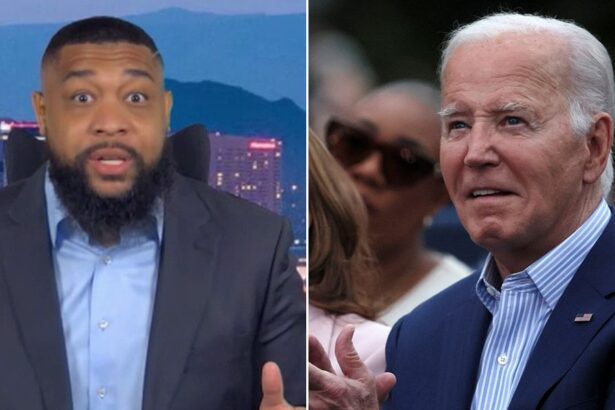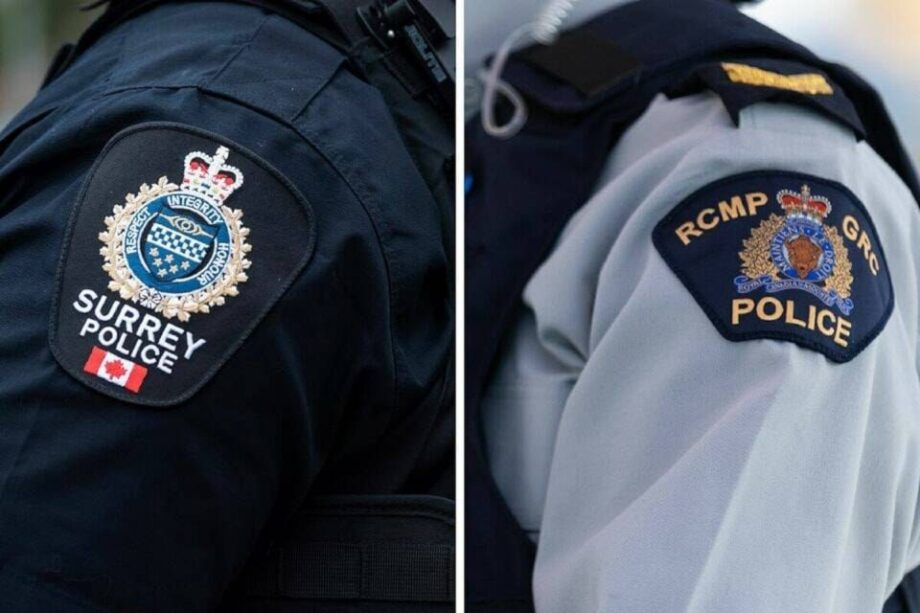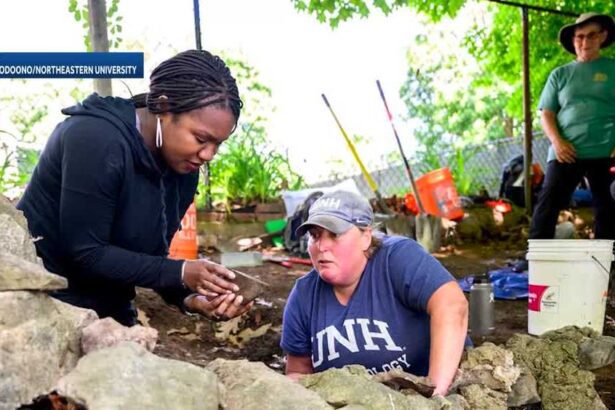‘It’s not about whether it’s RCMP or Surrey Police, it’s not about which uniform, it’s about the system that’s behind it’
Surrey’s Black population is petitioning the city and province to include them in the ongoing policing transition to “dismantle the harmful impacts of systemic racism and discrimination” in police services.
“Despite all the evidence and acknowledgment of systemic racism towards Black people in policing and the lack of confidence in the police and the Canadian criminal justice system from Black communities across Canada, Surrey’s Black community has yet to be meaningfully engaged or consulted in any stage of the Surrey police transition or services,” reads a letter from the Surrey Black, African, Caribbean (BAC) Advisory Committee to various politicians and police in Surrey, provided to Peace Arch News.
The BAC committee is a Black-led umbrella coalition to represent individuals of Black, African and Caribbean descent who live in Surrey.
With the city’s ongoing police transition debate and controversy over the years, the BAC say their voices have been absent since the beginning and are asking for change in a letter sent Monday morning (July 15).
“Unfortunately, it was so controversial, it was so militant, there was no space for us to come in in a measured way. It was either you are for the RCMP or Surrey Police Service — that was the main discussion there, and it didn’t give way to actually joining. Those two voices were shouting the most, so we didn’t want to get involved in that,” Lawrence Chidzambwa, CEO of Zicuso, a non-profit based in Surrey supporting those with a Zimbabwean background, explained in an exclusive interview with PAN.
“Black people in general feel that they have been removed from this process, from policing decisions, although we are impacted the most by the police presence. … It’s not about whether it’s RCMP or Surrey Police, it’s not about which uniform, it’s about the system that’s behind it.”
Chidzambwa and Jonathan Cauri, who is the CEO of Umoja, another non-profit in Surrey supporting newcomers and people of ethnic minorities in the city, explained in an interview the intent of the letter that the two co-signed with several other Black-led organizations around B.C.
“We’re still fresh out of the George Floyd experience. It should’ve been a given that the priority responsibility on those making that decision make sure they earn the trust of community, if they truly, truly care,” Cauri said, adding that it is not too late for dialogue to happen.
A recent report from the government of Canada highlighted racial injustice and discrimination impacting Black communities in the country and put forth recommendations to combat these concerns. Publicly released on June 27, the government acknowledges that anti-Black racism in the country stems from colonialism, slavery and segregation that continues to impact Black people in Canada.
Black individuals are overrepresented in Canadian prisons while also more often being victims of crime, the report states.
Earlier this year, the B.C. Human Rights Commissioner launched an inquiry into police use of force against people of racialized backgrounds and those experiencing mental health issues.
“While available information suggests that force is used more frequently and with greater severity against these groups, there is currently no comprehensive data quantifying the impacts in B.C.,” the commissioner stated in a news release from January.
The office also released a lengthy report in November 2021 on racial injustices when it comes to policing in B.C., affirming concerns that have been raised by many in Black, Indigenous and other racialized communities for decades.
The report found that in Surrey, Black people are overrepresented in “chargeable incidents,” are “significantly overrepresented” in mental health incidents involving the Surrey RCMP and also in arrests and strip searches.
For Cauri, the issue of policing Black people is personal, he said. His son was involved in a situation about seven years ago where he was arrested and held overnight by police, when he was having a conversation with his friend near a bus stop in Guildford.
Cauri says his son was accused of pushing his friend, who was a young white woman, but said this was not the case and his son is just expressive with his hands when speaking.
“I’ve always told him, ‘Don’t sag, if you’re going to wear dreadlocks, keep them short, don’t wear your hood up when you’re on the street,’ and this is a conversation a lot of us have,” Cauri said.
Although released by police the next day, Cauri says this situation was traumatizing. When even one Black individual has a negative interaction with police, the entire population feels the impact, the BAC states.
“Discrimination against Black people is not only in police systems, but any police interaction can change your life. You get a record, which affects your job search,” Chidzambwa explained.
“People in power have unfairly used their power on Black people.”
The 2021 report asks the government of B.C. for police reform in “reimagining the role of police in our province.”
This is also what the BAC is asking from the City of Surrey and the province in the ongoing police transition.
“Recognizing the history and current impacts of systemic racism and discrimination, it is our priority to support our community to thrive and ensure that equity is embedded in all areas of governmental policies and services,” the BAC advisory states.
“Canadian research continuously shows that Black Canadians are being stopped, searched, and questioned at higher rates, are more likely to be charged with criminal offence, be seriously injured, and/or killed during police encounters than any other racial group.”
With 21 per cent of the province’s Black population calling Surrey home, the BAC committee is requesting meetings with the city’s staff and council, Surrey RCMP, Surrey Police Service, Transit Police in Surrey and the provincial government.
Cauri also added that in his work with newcomers, many come from countries in war or other situations where a uniformed individual is threatening and scary. This piece also needs to be discussed, he said, and should include not only newcomers from countries of African descent but those from places in the Middle East and more.
“Investing in community programs that address social issues, such as poverty, homelessness, education, mental health, food security, child care, racism and discrimination, etc., are found to be strong deterrents of crime. … The BAC advocates for the equitable reallocation and distribution of resources to organizations working with the community to support equity and overall community health and well-being,” the letter states.
The group is looking for an opportunity for everyone to have a “nuanced” conversation about policing, and since the city is undergoing a policing transition, they feel that now is the perfect time to engage in it. The Black population is not a monolith, either, Cauri adds, which is why having a diverse range of people of Black, African and Caribbean descent involved is important.
“If we don’t talk, nothing will change… We don’t want to create a huge ripple effect, we want to collaborate,” Chidzambwa said.




